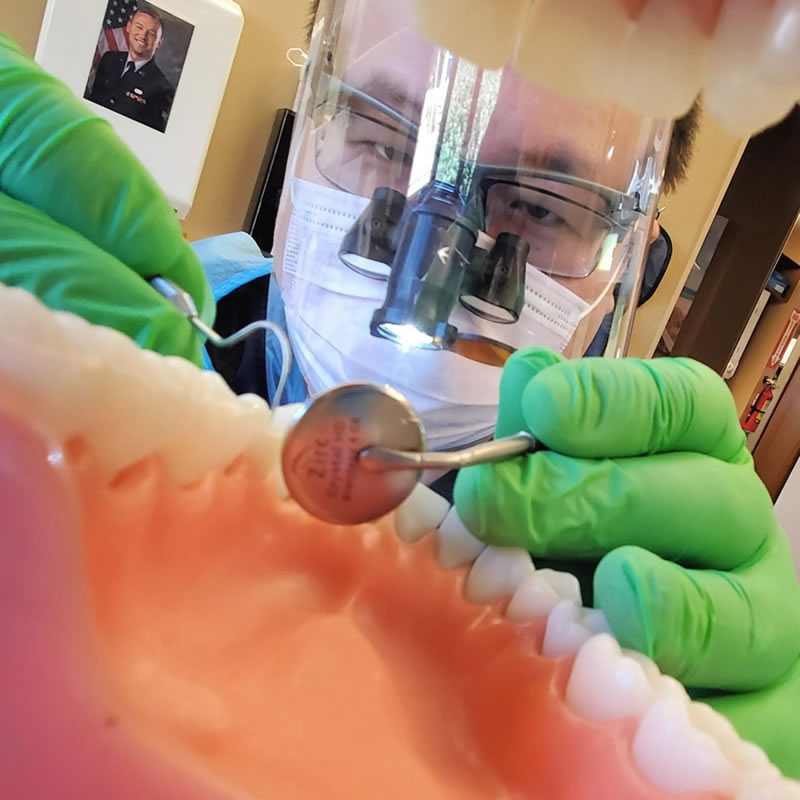What Is a Dental Extraction?
A dental extraction in Salem, IL, is when a dentist removes an entire tooth and its roots from your mouth. This procedure is more commonly referred to as “pulling a tooth.”
When a Dental Extraction Is Needed
Any of the following oral issues might require you to have a tooth pulled.
- Severe cavities or tooth decay.
- A dental injury.
- A fractured tooth.
- Severe gum disease.
- An impacted tooth.
- Overcrowded teeth.
The Two Types of Dental Extractions
There are two types of dental extractions your dentist in Salem, IL, might need to perform.
Simple Tooth Extraction – A simple tooth extraction is when your dentist needs to pull a visible tooth (a tooth above your gums).
Surgical Tooth Extraction – A surgical tooth extraction is when your dentist needs to pull a tooth that has broken off at or below your gumline or a tooth that hasn’t erupted yet.
How Is a Dental Extraction Performed?
The dentist will begin by numbing the area around the affected tooth. If you require a surgical tooth extraction, it’s possible that your dentist will want to administer general anesthesia or maybe even something more powerful. It will depend on your oral issues.
Your dentist will use a special dental extraction tool to loosen the tooth. It will then be completely removed using forceps. If you require a surgical tooth extraction, your dentist will make a small incision in your gums to gain access to your tooth. The tooth will then be removed.
After the dental extraction procedure, you will be instructed on what to avoid. Your dentist will ask you to avoid smoking, drinking with a straw, and strenuous activities for at least 24 hours. You will also be asked to eat a soft foods diet until your gums have healed. The dentist might also prescribe you medication and ask you to watch for signs of infection or dry socket.
What Is Dry Socket?
Dry socket is the most commonly occurring oral issue after having a tooth extraction. It usually occurs in the first three days after the extraction procedure.
Dry socket happens when the blood clot formed in the gums’ pocket where the tooth was removed is damaged or unseated. When that blood clot is unseated, it leaves the tooth socket, nerves, and jawbone exposed. The result is severe pain. It also significantly slows down the healing time of the tooth socket.

